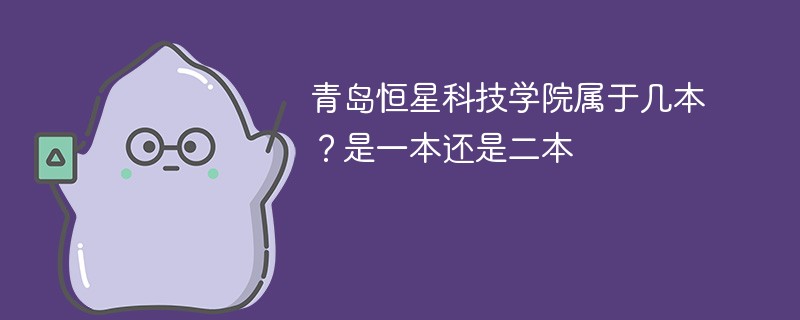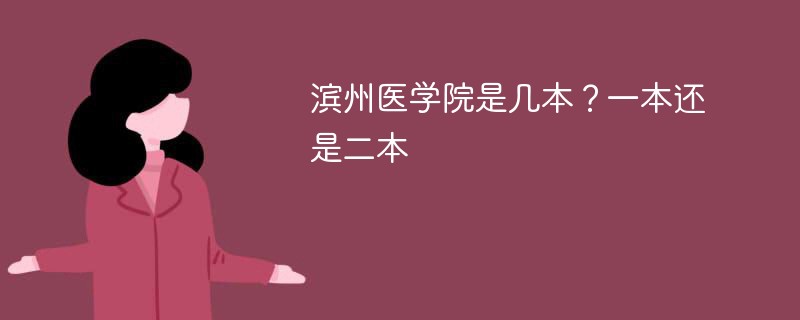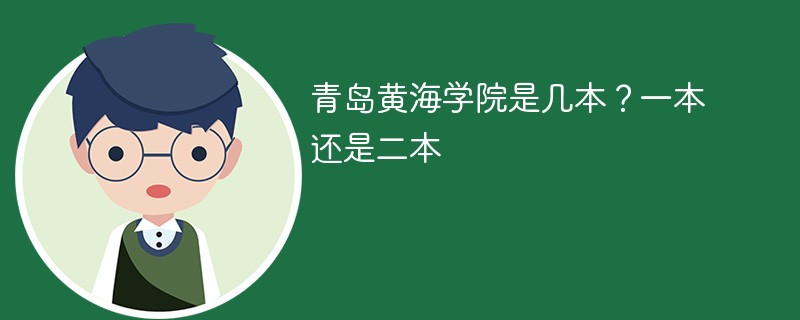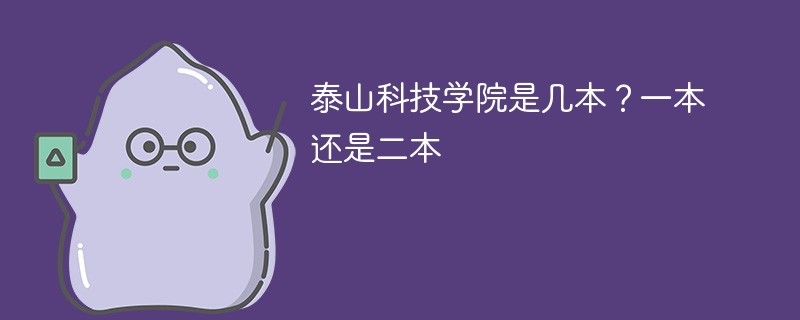日本戰(zhàn)犯侵華自供
國家檔案局公布日本戰(zhàn)犯侵華自供
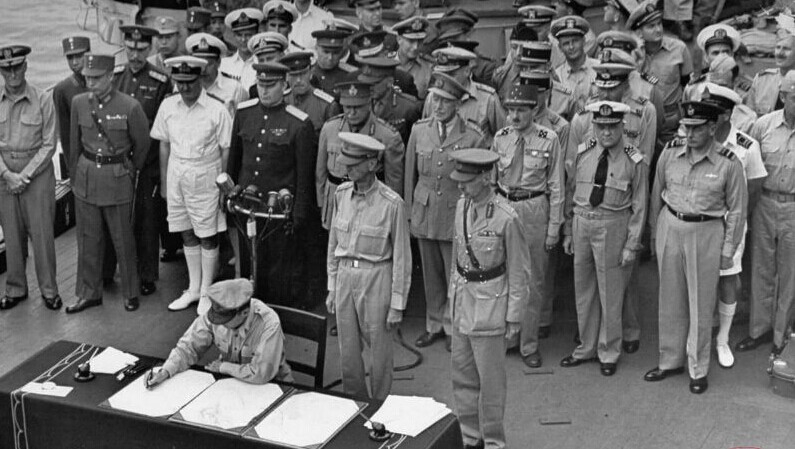
新中國成立以后,共接管和關(guān)押了日本侵華戰(zhàn)犯1109名,1951年到1956年對他們的罪行進行調(diào)查、偵查,包括個人做的筆供和審訊的口供等等材料,特別是對這些罪行進行了認定,這些檔案都存在中央檔案館里。1956年的6月到7月,最高人民法院最高軍事法庭分別在沈陽、太原對其中的45名戰(zhàn)犯進行了公開審判,這些審判的檔案都保存在中央檔案館。我們這次發(fā)布這些檔案是日本帝國主義對中國人民所犯滔天罪行的鐵證。長期以來日本國內(nèi)總有一些勢力矢口否認日本發(fā)動侵略戰(zhàn)爭的性質(zhì)和罪行,竭力美化侵略戰(zhàn)爭,嚴重傷害中國人民的感情。我們決定在今年蘆溝橋事變77周年之際,把被起訴判刑的45名戰(zhàn)犯的親筆供詞以及當時的中文譯文發(fā)布,目的在于牢記歷史、以史為鑒、珍視和平,我們強調(diào)牢記歷史,并不是要延續(xù)仇恨,而是要以史為鑒,面向未來,防止避免歷史悲劇的重演。
說明
1945年8月14日,日本天皇裕仁發(fā)表停戰(zhàn)詔書,宣布日本無條件投降。根據(jù)《波茨坦公告》,中、美、英、蘇等11個國家組成遠東國際軍事法庭,對發(fā)動侵華戰(zhàn)爭和太平洋戰(zhàn)爭負有戰(zhàn)爭責任的東條英機等日本戰(zhàn)犯進行了審判。
新中國誕生后,接管和關(guān)押的日本侵華戰(zhàn)犯達1109名,分別關(guān)押在撫順、太原兩地。1954年,中央人民政府最高人民檢察署(后改稱中華人民共和國最高人民檢察院)負責對日本侵華戰(zhàn)犯的偵查、起訴工作,對他們在侵略中國戰(zhàn)爭中侵奪中國主權(quán),策劃、推行侵略政策,進行特務(wù)間諜活動,制造細菌武器,施放毒氣,屠殺、抓捕、奴役和毒化中國人民,強奸婦女,掠奪物資財物,毀滅城鎮(zhèn)鄉(xiāng)村,驅(qū)逐和平居民,違反國際準則和人道主義原則等各種罪行進行了審訊。
根據(jù)1956年4月25日全國人大常委會通過的《關(guān)于處理在押日本侵略中國戰(zhàn)爭中犯罪分子的決定》,中華人民共和國最高人民檢察院于1956年先后分三批對在押的1017名罪行相對較輕、悔罪表現(xiàn)較好的日本侵華戰(zhàn)犯宣布免予起訴,并立即釋放。同時,對職務(wù)較高、罪行較重的45名日本侵華戰(zhàn)犯,向中華人民共和國最高人民法院特別軍事法庭提起公訴(其余47名戰(zhàn)犯在關(guān)押期間死亡)。
1956年6月至7月,中華人民共和國最高人民法院特別軍事法庭分別在沈陽、太原對鈴木啟久等45名戰(zhàn)犯進行了公開審判,并根據(jù)被告人的犯罪事實、犯罪情節(jié)、悔罪表現(xiàn)等情況,按照全國人大常委會的決定,實行從寬處理,分別判處了二十年至八年有期徒刑。
有關(guān)全國人大常委會、最高人民檢察署(院)、最高人民法院特別軍事法庭審判日本侵華戰(zhàn)犯的檔案,現(xiàn)保存在中央檔案館。檔案卷宗內(nèi)各個戰(zhàn)犯自己的書面筆供以及詳細的審訊筆錄等材料,是日本軍國主義侵略者對中國人民所犯滔天罪行的鐵證。
日本安倍內(nèi)閣上臺以后,公然顛倒黑白、混淆視聽,美化對外侵略和殖民歷史。這是對歷史正義和人類良知的漠視,也是對二戰(zhàn)成果和戰(zhàn)后國際秩序的挑戰(zhàn)。在盧溝橋事變77周年之際,中央檔案館從館藏檔案中選取了經(jīng)最高人民法院審判的45名日本戰(zhàn)犯的親筆供詞,包括筆供原文、補充、更正、附言等以及當時的中文譯文并附提要,一并向社會公布,揭露日本侵華期間的反人道、反人類、反文明暴行。
前事不忘,后事之師。只有真正牢記歷史、以史為鑒,才能避免戰(zhàn)爭悲劇的重演,才能使世界達到真正的持久和平與穩(wěn)定。
Introduction
On August 14 1945, Emperor Hirohito of Japan issued an imperial edict on armistice, announcing Japan's unconditional surrender. In accordance with the Potsdam Proclamation, the International Military Tribunal for the Far East was formed by 11 countries, including China, the United States, the United Kingdom and the Soviet Union, and had trials on Hideki Tojo and other Japanese war criminals responsible for launching the Japanese War of Aggression against China and the Pacific War.
After the birth of New China, a total of 1,109 Japanese war criminals were taken over and held in custody in the two places of Fushun and Taiyuan. In 1954, the Supreme People's Procuratorate Office of the Central People's Government (later renamed the Supreme People's Procuratorate of the People's Republic of China) was responsible for the investigation and prosecution of the Japanese war criminals. It had trials on their crimes committed during the Japanese War of Aggression against China, including violating China's sovereignty, planning and implementing the policy of aggression, conducting spy and espionage activities, manufacturing bacteria weapons, releasing poison gas, killing, arresting, enslaving and poisoning the Chinese people, raping women, plundering money and materials, destroying towns and villages, expelling peaceful inhabitants, and violating international norms and humanitarian principles.
According to the Decision on the Handling of the Criminals in Custody from the Japanese War of Aggression against China adopted by the Standing Committee of the National People’s Congress (NPC) on 25 April 1956, the Supreme People's Procuratorate of the People's Republic of China announced the decision to exempt from prosecution and immediately release, in three batches in 1956, a total of 1,017 Japanese war criminals in custody, who had relatively minor offenses and good behaviors of repentance. Meanwhile, a public prosecution was initiated to the Special Military Tribunal of the Supreme People's Court of the People's Republic of China on 45 Japanese war criminals, who were of higher positions and heavier offenses (the other 47 war criminals died in custody).
From June to July 1956, the Special Military Tribunal of the Supreme People's Court of the People's Republic of China publicly tried in Shenyang and Taiyuan the 45 war criminals including Suzuki Keiku, and, based on the defendants' criminal facts, circumstances of the crimes, repentance, etc., treated them with leniency in accordance with the decision of the NPC Standing Committee, sentencing them to from twenty years to eight years in prison respectively.
Archives related to the trials of the war criminals of the Japanese War of Aggression against China, such as documents issued by the NPC Standing Committee, the Supreme People's Procuratorate and the Special Military Tribunal of the Supreme People's Court, are stored in the Central Archives. The confessions written by all the war criminals and the detailed trial records contained in the archive files are irrefutable evidence of the heinous crimes committed by the Japanese militarist aggressors against the Chinese people.
Since the Abe cabinet came into power in Japan, it has openly confused right and wrong to mislead the public, in an attempt to whitewash the history of external aggression and colonialism. This is a total disregard of the historical justice and human conscience, as well as a challenge to the outcome of World War II and the post-war international order. On the occasion of the 77th anniversary of the Marco Polo Bridge Incident, we at the Central Archives have selected from the archive files the written confessions of the 45 Japanese war criminals tried by the Supreme People's Court, including the original texts of the written confessions, supplements, corrections, postscripts, etc. as well as the then Chinese translations with abstracts, to release to the general public, in order to expose the anti-humanitarianism, anti-humanity, and anti-civilization atrocities during the Japanese invasion of China.
The past, if not forgotten, can serve as a guide for the future. Only by truly remembering the history and learning from the history, can we avoid a repeat of the tragedy of war and achieve real and lasting peace and stability in the world.
詳細名單
鈴木啟久
據(jù)鈴木啟久1954年7月筆供,他1890年生于日本福島縣,1934年到中國東北參加侵華戰(zhàn)爭,任步兵第28聯(lián)隊長輔佐,1945年4月任陸軍中將,第117師團長。同年8月31日在吉林被俘。
藤田茂
據(jù)藤田茂1954年8月筆供,他1889年生于日本廣島縣。1938年8月到中國山西參加侵華戰(zhàn)爭,任陸軍騎兵第28聯(lián)隊大佐聯(lián)隊長。1945年3月任第43軍第59師團中將師團長。1945年8月在朝鮮咸興被俘。
上坂勝
1892年出生于日本大分縣。1934年3月—1941年11月,在臺灣任步兵聯(lián)隊的隊副、大隊長,軍階為少佐、中佐。1945年6月任陸軍第59師步兵第53旅少將旅長。同年8月20日在朝鮮咸興附近被蘇軍逮捕。
佐佐真之助
1893年出生于日本福岡縣。1932年9月到中國參加侵華戰(zhàn)爭,任關(guān)東軍第10師團步兵第63聯(lián)隊第3大隊少佐大隊長,1945年7月任關(guān)東軍第3方面軍第39師中將師團長。1945年8月23日被蘇軍逮捕。
長島勤
據(jù)長島勤1955年5月筆供,他1888年出生,日本埼玉縣人。1938年12月到中國,任華中派遣軍特務(wù)部部員。1942年4月,任日本陸軍第59師團第54旅團長。1943年6月—1945年4月,兼任濟南防衛(wèi)司令官。1945年8月22日在朝鮮咸興被蘇軍逮捕。
船木健次郎
據(jù)船木健次郎1954年5月—6月筆供,他1897年生于日本富山縣,1937年12月到中國東北,任第4國境守備隊步兵少佐大隊長。1943年8月回日本,又到朝鮮。1945年6月任第137師團第375聯(lián)隊大佐聯(lián)隊長。1945年8月15日被蘇聯(lián)紅軍俘虜。
鵜野晉太郎
據(jù)鵜野晉太郎1954年8月筆供,他1920年生于日本廣島縣。1941年4月—9月作為日本第39師團第232聯(lián)隊士兵到湖北漢口,其后回日本。1942年4月—1945年5月,在湖北任第232聯(lián)隊任職。1945年5月任第232聯(lián)隊設(shè)營軍官。同年8月被蘇軍俘虜。
榊原秀夫
據(jù)榊原秀夫1956年4月—5月筆供,他1908年生,日本岡山縣人。1936年9月任駐偽滿第1師團步兵第57聯(lián)隊附軍醫(yī),1944年11月—1945年8月任關(guān)東軍防疫給水部林口支部長。
富永順太郎
據(jù)富永順太郎1955年2月—12月筆供,他1895年生,日本福島縣人。1926年—1931年1月在哈爾濱日本內(nèi)務(wù)事務(wù)官石川銀三的事務(wù)所任職。1939年6月后,任華北交通株式會社課長、資業(yè)局次長,總裁室交通地志室主事。
城野宏
據(jù)城野宏1955年1月筆供,他1914年出生在日本長崎市,1938年到中國東北參加侵華戰(zhàn)爭,1949年4月被俘。
相樂圭二
據(jù)相樂圭二1954年11月筆供,他1916年出生在日本福島縣。1937年4月駐扎偽滿洲國三江縣。1938年7月起任步兵少尉小隊長、中尉中隊長、警備隊長、代理大隊長、大隊長等職。日本投降后,投閻錫山部,任少將參謀長、團長等職。1949年4月被俘。
菊地修一
據(jù)菊地修一1954年12月筆供,他1915年出生在日本宮城縣,1937年派遣到偽滿洲國。1945年8月日本投降后投國民黨閻錫山部,任太原綏靖公署教導(dǎo)總隊少將炮兵團長。1949年4月24日在山西被俘。

